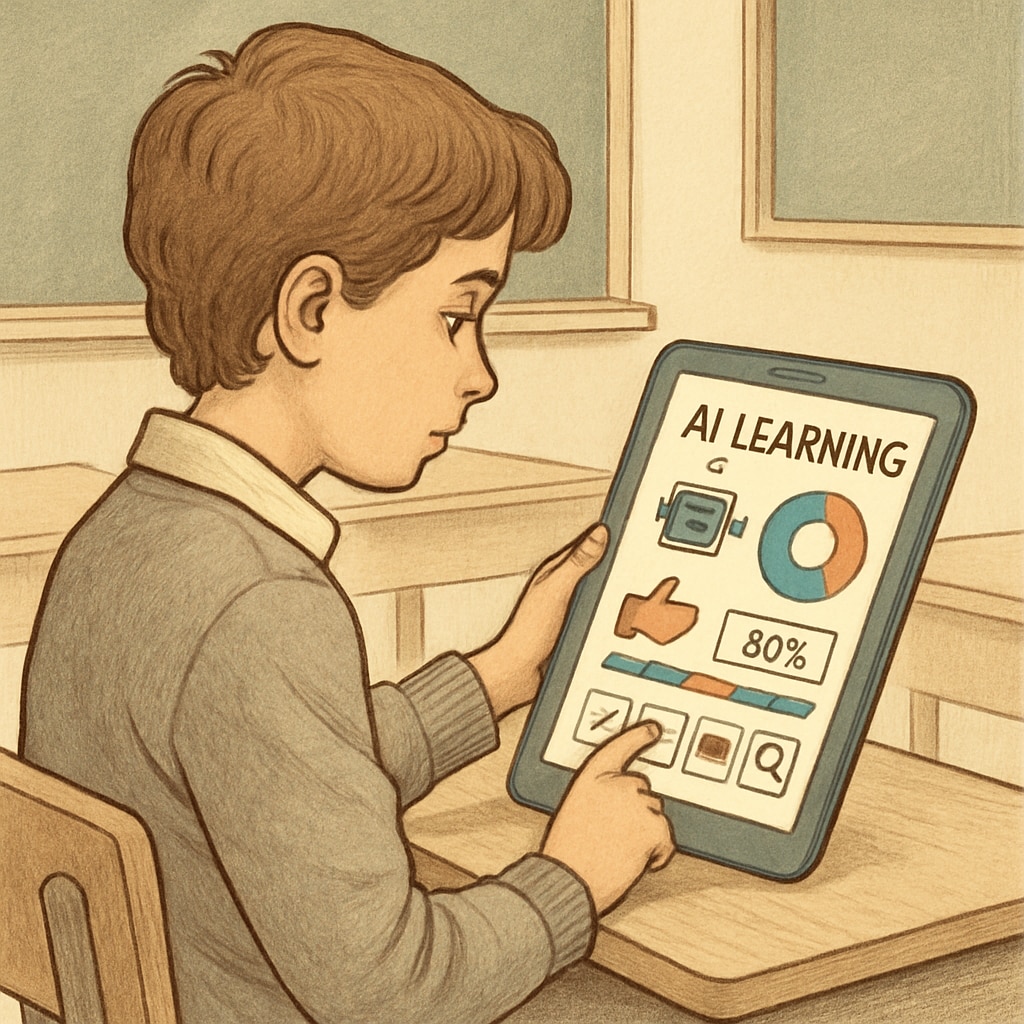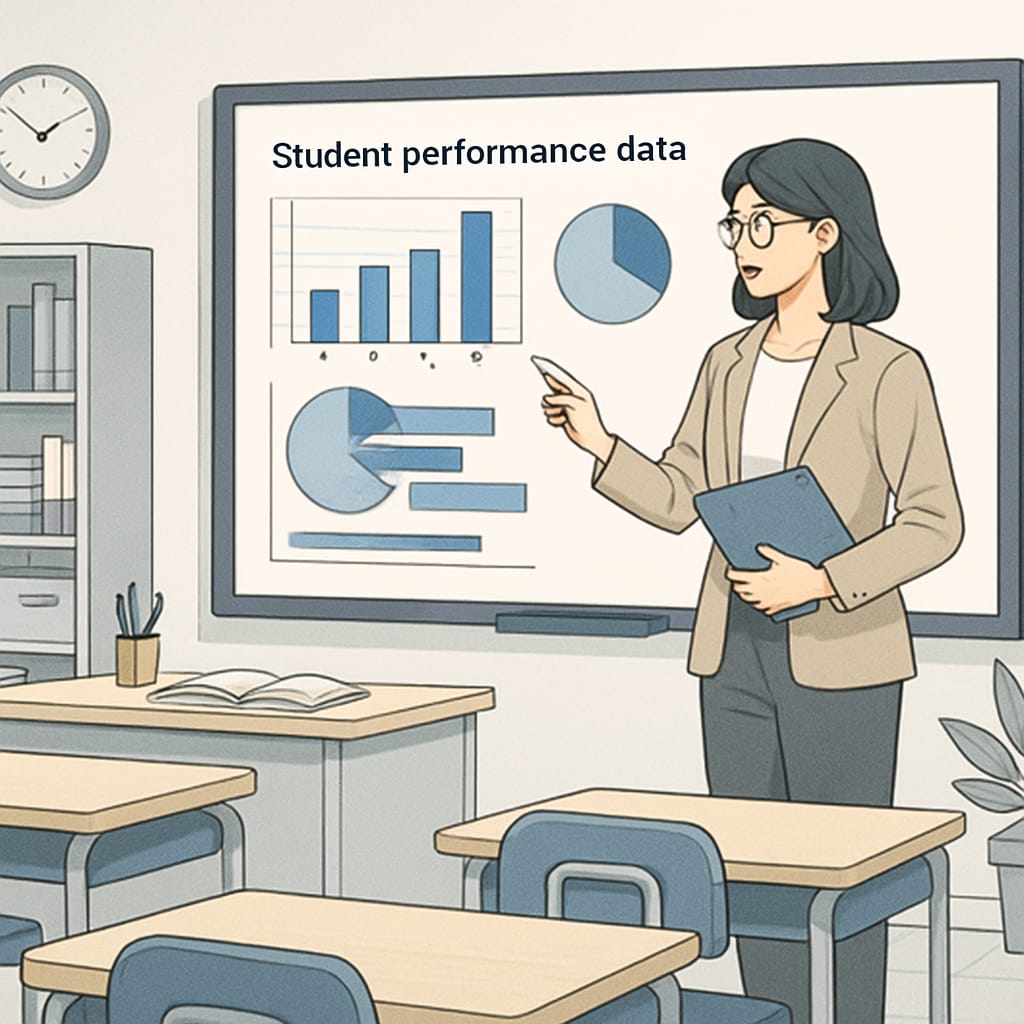Productivity applications with AI feedback and deep work tracking capabilities are transforming K12 education by offering unprecedented support for both students and educators. These intelligent tools leverage machine learning algorithms to analyze learning patterns, provide real-time assistance, and create personalized educational experiences. According to educational technology research, such innovations can increase learning efficiency by up to 40% while reducing teacher workload.
The Evolution of Smart Learning Environments
Modern educational technology has evolved beyond simple digital textbooks and online quizzes. Today’s advanced productivity tools incorporate three key features:
- Real-time performance analytics
- Adaptive learning pathways
- Automated progress tracking
For example, the prototype application we examined uses computer vision to monitor student engagement levels during study sessions, providing gentle reminders when distraction is detected.

Enhancing Teacher-Student Collaboration
These intelligent systems don’t replace human educators – they empower them. Teachers receive detailed reports about:
- Individual student progress
- Common knowledge gaps
- Optimal intervention points
As noted in artificial intelligence studies, this data-driven approach allows educators to focus their efforts where they’re most needed. The AI handles routine monitoring while teachers concentrate on meaningful interactions.

The integration of productivity applications with AI feedback and deep work tracking represents more than technological advancement – it signifies a fundamental shift in educational philosophy. These tools don’t just make learning more efficient; they make it more human-centered by freeing time for what truly matters: meaningful teacher-student connections and personalized growth.


